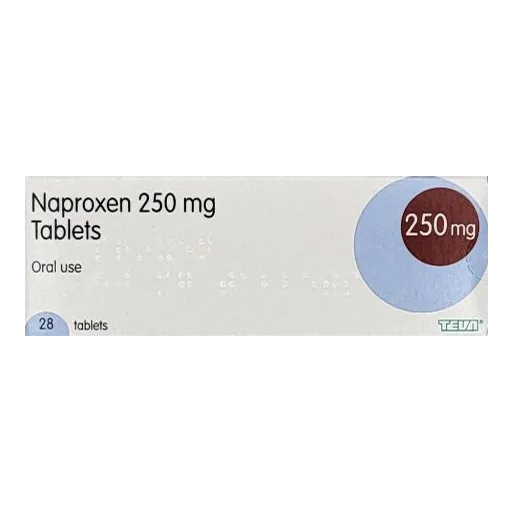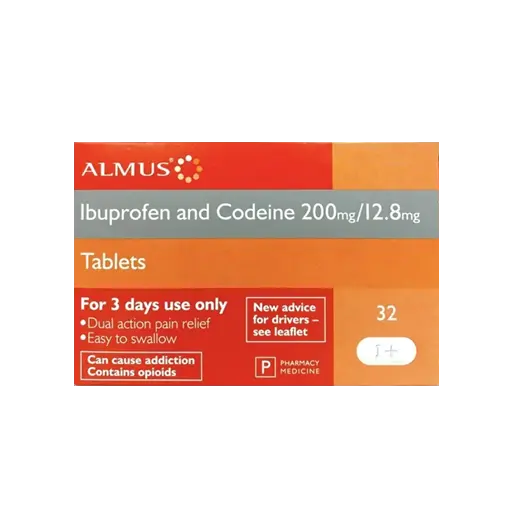How to delay your period
Sometimes life throws you important events that don’t quite align with your cycle. Weddings, holidays, or exams—no one wants their period showing up uninvited.
About 20% of women have delayed their period at least once in their life. It’s easier than you think, and there are a couple of proven methods to help you do it, we offer various period delay tablets which can be prescribed for you after filling in a short consultation form.
Methods for Delaying Your Period
1. Norethisterone tablets
Norethisterone is a synthetic hormone available in tablet form that can delay your period. It is one of the most common and effective methods for short-term period delay. It is also the active ingredient in Utovlan tablets.
How It Works: Norethisterone contains progestogen, a hormone that keeps the lining of the uterus from shedding. By taking norethisterone, you can delay the start of your period.
How to Use It: Typically, you start taking norethisterone three days before your period is due to start. You take one tablet three times a day for up to 14 days. Once you stop taking the tablets, your period should start within 2-3 days.
Important Considerations: It's not suitable for everyone, especially those with a history of blood clots or certain health conditions that put them at a higher risk of clotting.
2. Delaying Your Period with Combined Oral Contraceptive Pill (Birth Control Pill)
If you're already taking the combined oral contraceptive pill, you can use it to delay your period by skipping the pill-free break or the placebo pills.
How It Works: Normally, you take the combined pill for 21 days, followed by a 7-day break, during which you have a withdrawal bleed (your period). To delay your period, simply skip the 7-day break and start the next pack of pills immediately.
How to Use It: Continue taking the active pills without a break. This can delay your period until you finish the second pack.
Important Considerations: This method is only suitable for those who are already on the pill. You should speak to your healthcare provider before trying this if you’re new to the combined pill.
3. Progestogen-Only Pills (Mini Pill)
While the progestogen-only pill (mini pill) can cause periods to become lighter or stop for some women, it is not a reliable method of delaying periods.
4. Provera tablets
Provera is another medication that can be used to delay your period. It contains the hormone medroxyprogesterone, which is a type of progestogen. Its use when delaying period is "off-label" as it isn't licensed for period delay. However it has been proven to be effective at delaying periods in those who cannot take Norethisterone or Utovlan, such as those who are overweight or at an increase risk of clotting.
How It Works: Provera works similarly to norethisterone by maintaining higher levels of progestogen, preventing the lining of the uterus from shedding, and thus delaying your period.
How to Use It:You’ll typically need to start taking Provera tablets a few days before your period is due. The usual dose is one tablet a day, and you can take it for up to 10-14 days to delay your period. After you stop taking Provera, your period will usually begin within 2-3 days.
Important Considerations: While this medication is used in those who cannot take Norethisterone due to clotting risk, it still does carry its own clotting risk.
Natural Methods: Do They Work?
There are claims about natural methods for delaying periods, such as drinking apple cider vinegar or lemon juice. However, there is no scientific evidence supporting these remedies.
Side Effects of Delaying Your Period
While delaying your period is generally safe for most women, it can come with some side effects:
- Breakthrough Bleeding: Some women experience light spotting or breakthrough bleeding, especially when using hormonal methods.
- Mood Changes: Hormonal changes can cause mood swings or changes in emotional well-being.
- Bloating and Breast Tenderness: These are common side effects when manipulating your menstrual cycle with hormones.
If you experience any severe side effects, it’s important to speak to your healthcare provider.
Is It Safe to Delay Your Period?
Delaying your period for occasional events or circumstances is generally considered safe, especially when using prescribed medication like norethisterone or adjusting birth control. However, it’s important to consult with a healthcare provider before making any changes, especially if you have pre-existing health conditions.
When You Shouldn't Delay Your Period
There are certain situations where delaying your period may not be recommended:
- History of Blood Clots: Hormonal medications like norethisterone can increase the risk of blood clots.
- Liver Disease or Other Health Conditions: If you have underlying health issues, especially related to hormones, speak to a doctor before attempting to delay your period.
- Uncertain Pregnancy Status: If there’s a chance you might be pregnant, you should not attempt to delay your period until you’ve consulted a doctor.
Frequently Asked Questions (FAQs)
1. How long can I delay my period for?
With norethisterone, you can delay your period for up to 14 days. With the combined pill, you can delay it for a longer period as long as you continue taking active pills, but it’s advisable to consult your doctor for long-term use.
2. Will delaying my period affect my future cycles?
In most cases, your cycle will return to normal after you stop the medication. You might experience a heavier or lighter period after delaying it, but your regular cycle should resume in the following months.
3. Can I delay my period without taking medication?
Currently, there are no proven natural methods to delay a period. Medications like norethisterone or adjusting birth control pills are the most effective and reliable options.
4. Can delaying my period affect my fertility?
There’s no evidence to suggest that delaying your period occasionally will impact your fertility. However, always consult with a healthcare provider if you’re planning to conceive and have concerns about your menstrual cycle.
5. Is it okay to delay my period for a holiday or event?
Yes, many women choose to delay their period for special occasions. As long as your healthcare provider approves, it’s a safe and common practice.
Sources
Related products
-
POM

naproxen tablets
£8.99
-
POM

mefenamic acid tablets
£31.99
-
P
-
P

nurofen plus tablets
£10.99
-
GSL

deep heat patch
£3.09
